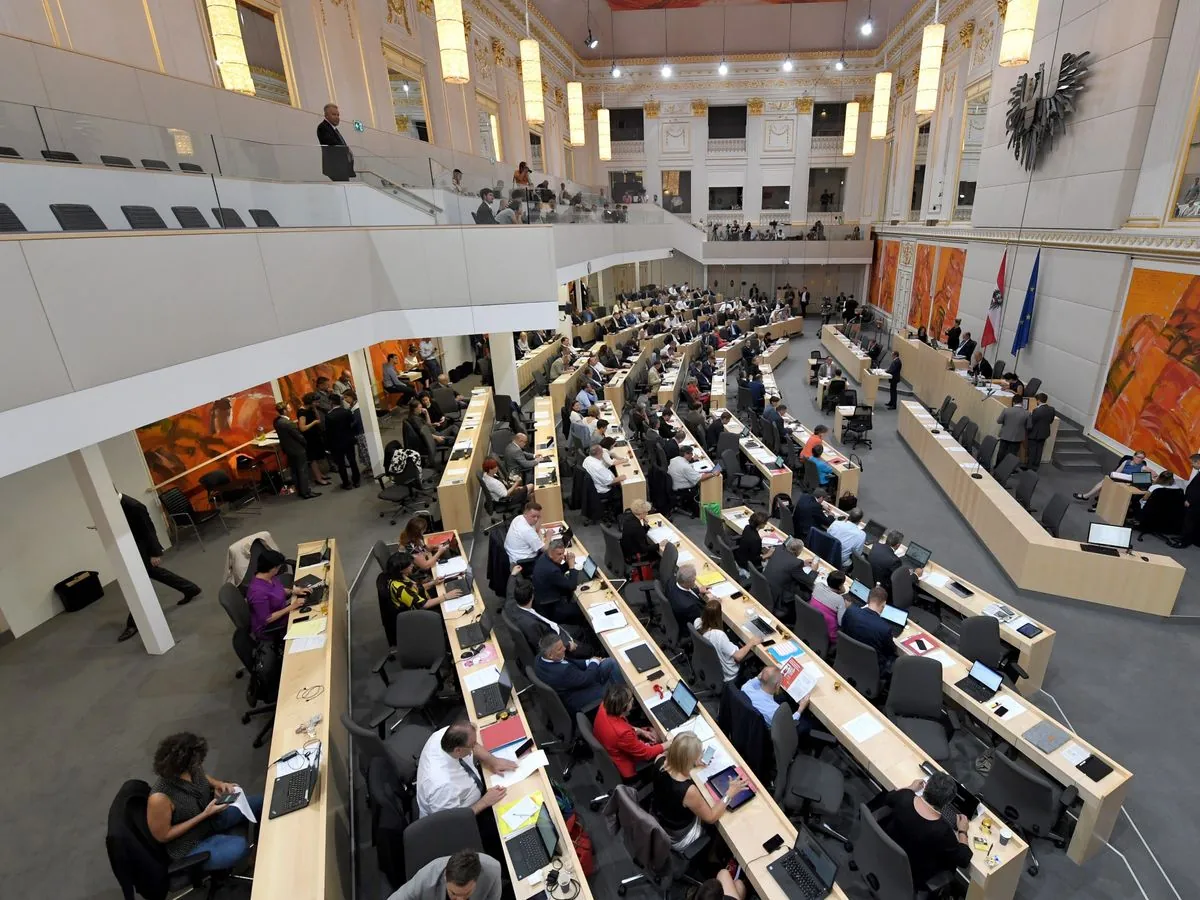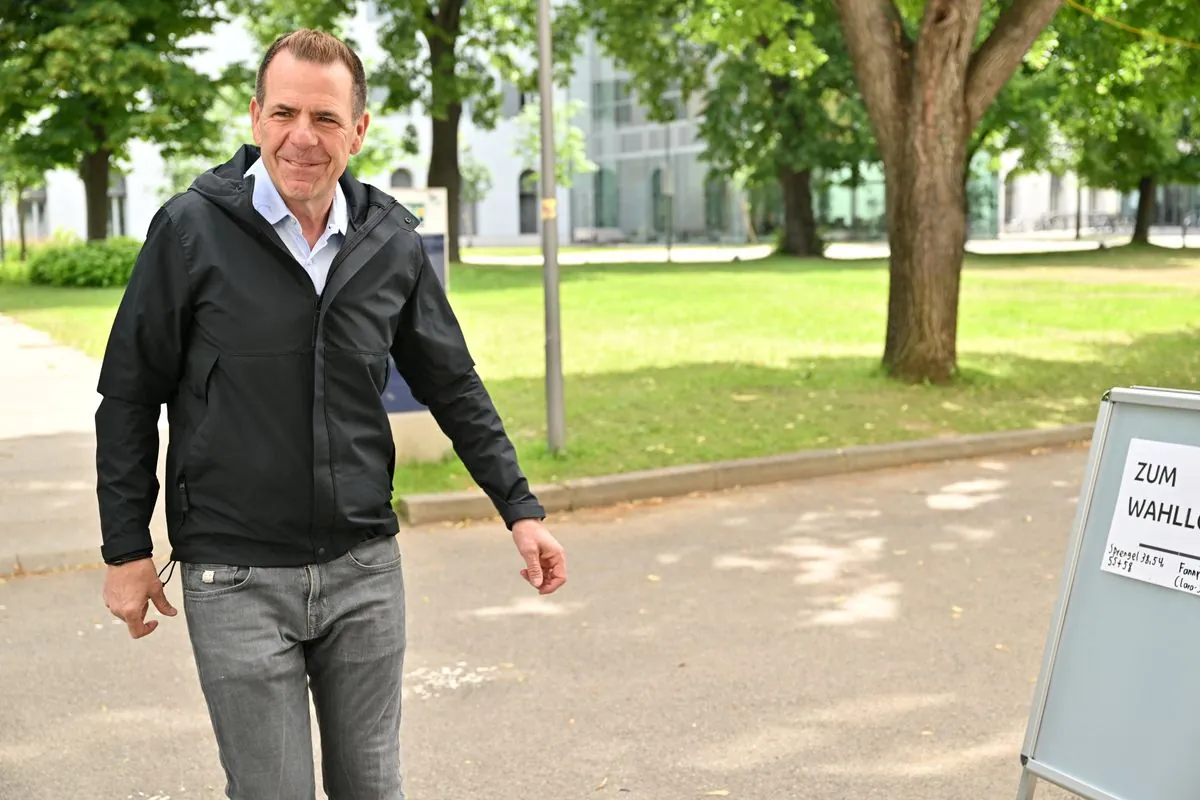Far-Right FPO Leads Polls as Austria Prepares for Crucial Election
Austria gears up for a pivotal election on September 29, with the far-right Freedom Party leading polls. Economic concerns, immigration, and climate change dominate voter priorities as the nation faces potential political shifts.

As Austria approaches a critical parliamentary election on September 29, 2024, the nation finds itself at a political crossroads. The far-right Freedom Party (FPO) is currently leading in polls, potentially positioning itself to form a government for the first time in Austria's postwar history.
Herbert Kickl, the FPO's leader, has gained prominence with his "Austria First" agenda, focusing on issues such as stricter immigration policies and economic reforms. The party's popularity has been bolstered by growing concerns over living costs, immigration, and security. A recent incident in August 2024, where police thwarted a plot to attack a Taylor Swift concert in Vienna, has further intensified debates on national security.

Climate change has also emerged as a significant issue following widespread flooding in August and September 2024. This environmental crisis has highlighted the need for comprehensive climate policies and adaptation strategies.
The election landscape is complex, with several parties vying for power. The ruling conservative Austrian People's Party (OVP) and the center-left Social Democrats (SPO) are trailing behind the FPO in polls. The outcome of this election could have far-reaching implications for Austria's domestic and foreign policies.
Austria, a federal republic since 1955, has a rich political history and a tradition of coalition governments. The country joined the European Union in 1995 and has since played a significant role in European affairs. However, the potential rise of the FPO could signal a shift in Austria's relationship with the EU, given Kickl's critical stance towards the organization.
The election also comes at a time when Austria is grappling with economic challenges. The nation's inflation rate has been above the European Union average for nearly two years, while economic growth has lagged behind. Additionally, Austria's heavy dependence on Russian gas imports has become a pressing issue, with mounting pressure to diversify energy sources.
"We need to put Austria first and address the concerns of our citizens regarding immigration and economic stability."
The formation of a new government after the election could take various forms. The FPO's only viable coalition partner appears to be the OVP, which could lead to a significant rightward shift in Austrian politics. Alternatively, a more centrist coalition involving the OVP, SPO, and smaller parties like the Greens or NEOS is possible.
As Austrians prepare to cast their votes, the international community watches closely. The outcome of this election could not only reshape Austria's political landscape but also influence broader European dynamics, particularly in areas such as immigration policy and EU relations.
Voting stations will open at 6:45 a.m. and close at 5 p.m. on election day. The results are expected to be clear by the evening, with final counts, including postal ballots, completed within a few days. The process of forming a new government, including coalition negotiations, typically takes about two months.
As Austria stands at this crucial juncture, the election on September 29 will undoubtedly be a defining moment in the nation's political history, potentially charting a new course for this Central European country of approximately 9 million people.


































